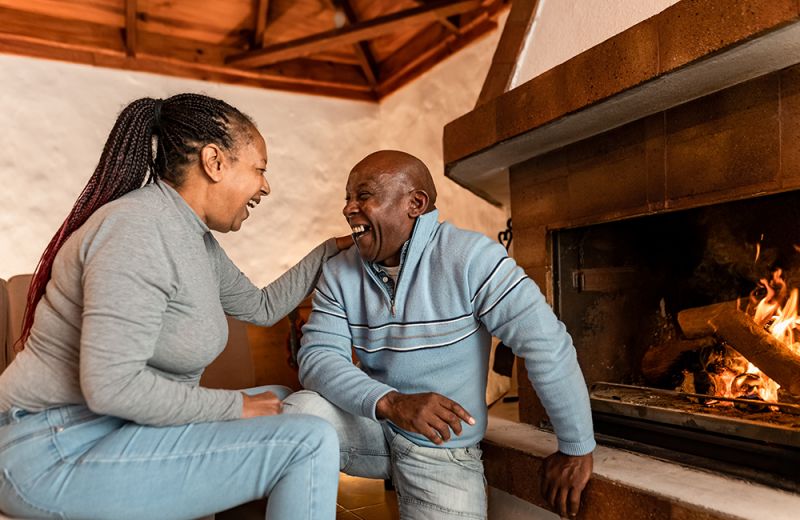Staying Healthy and Safe During the Winter Months

Winter can be a magical time of year, but it also brings challenges, especially for older adults. Cold temperatures, icy conditions, and shorter days can pose risks to health and safety. At Senior Communities Guide, we want to share some practical tips to help you or your loved ones stay warm, healthy, and safe this winter.
Stay Warm Indoors
Even if you're indoors, it's essential to keep warm to prevent hypothermia. Here are some tips:
- Keep the thermostat at a safe temperature. Aim for at least 68-70°F, especially during the day.
- Wear layers. Cozy sweaters, socks, and even a lightweight hat can help retain body heat.
- Close off unused rooms. This helps concentrate warmth where you spend most of your time.
- Use blankets or heated throws. They're great for added comfort while reading or watching TV.
Dress for the Weather
If you need to venture outside, proper clothing is crucial:
- Layer up. Wear thermal or moisture-wicking layers under your regular clothing.
- Choose a warm coat, gloves, and hat. Don’t forget a scarf to protect your face and neck.
- Wear slip-resistant footwear. Ice and snow can make walking treacherous, so opt for boots with good traction.
Prevent Falls
Winter conditions increase the risk of slipping and falling. Take these precautions:
- Clear pathways. Remove snow and use salt or sand to minimize ice.
- Use handrails. Supportive railings can provide stability on stairs and entryways.
- Walk with care. Take slow, deliberate steps, and consider using a cane with an ice grip.
- Stay indoors during icy conditions. If it’s too dangerous to go out, wait until it’s safer.
Eat and Drink for Health
Proper nutrition and hydration are essential during winter:
- Eat warming foods. Soups, stews, and oatmeal are comforting and nutritious.
- Stay hydrated. Even in cold weather, your body needs water. Herbal teas are a great way to stay warm and hydrated.
- Get enough Vitamin D. Consider fortified foods or supplements, as less sunlight in winter can lead to deficiencies.
Be Prepared for Power Outages
Winter storms can lead to power outages. Be ready with:
- Backup power sources. Have flashlights, extra batteries, and a fully charged phone.
- Warm blankets and non-perishable food. These are essential if you’re without heat.
- A plan to stay elsewhere. Know where you can go if the power outage lasts a long time.
Check on Neighbors and Friends
- Winter can be isolating, especially for seniors living alone. Reach out to neighbors, friends, or family to check on each other’s well-being. A simple phone call or visit can make a big difference.
Keep Up with Regular Health Care
Don’t let the cold weather deter you from maintaining your health:
- Get a flu shot. Winter is flu season, so protect yourself.
- Manage chronic conditions. Keep up with medications and follow your doctor’s advice.
- Stay active indoors. Simple exercises or stretching can help you stay fit and flexible.
Stay Informed
- Pay attention to weather forecasts and warnings. A winter weather alert can give you time to prepare for extreme cold or storms.
Final Thoughts
With a little preparation and care, winter can be a safe and enjoyable season. At Senior Communities Guide, we’re here to support you with helpful resources and tips to navigate every season of life. Stay warm, stay safe, and make the most of the cozy winter months!
